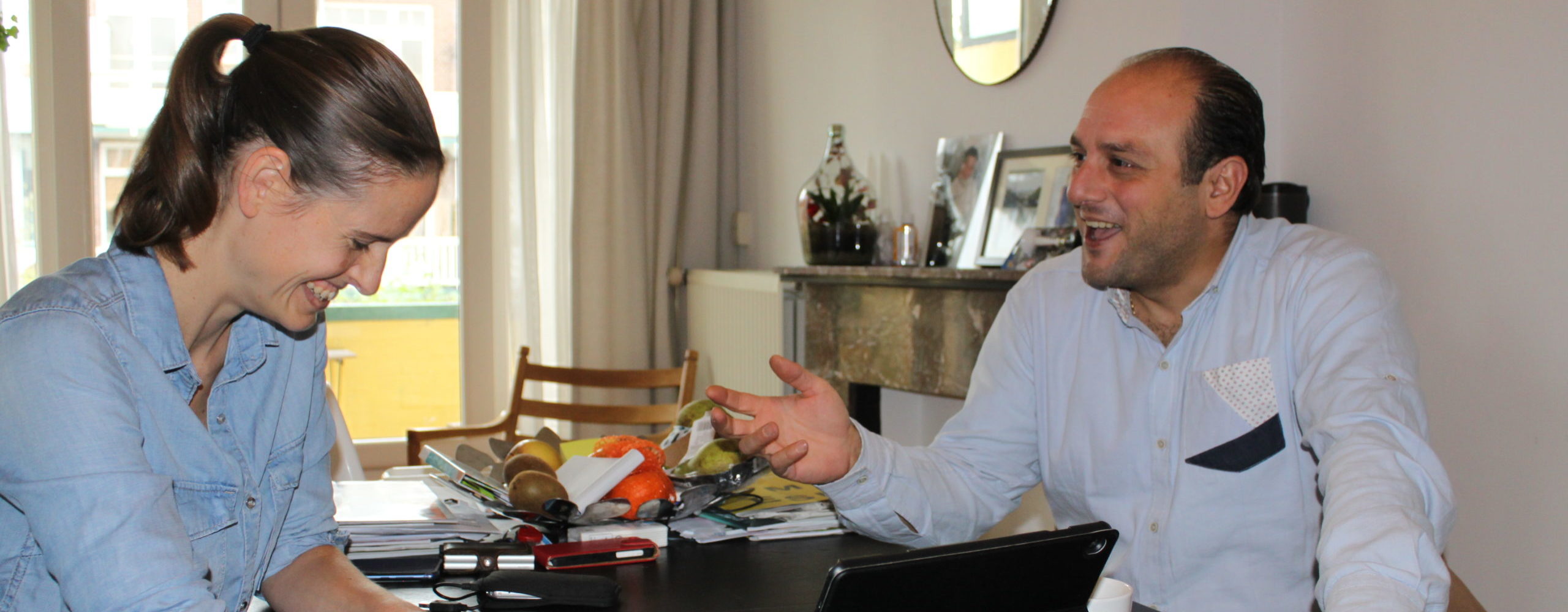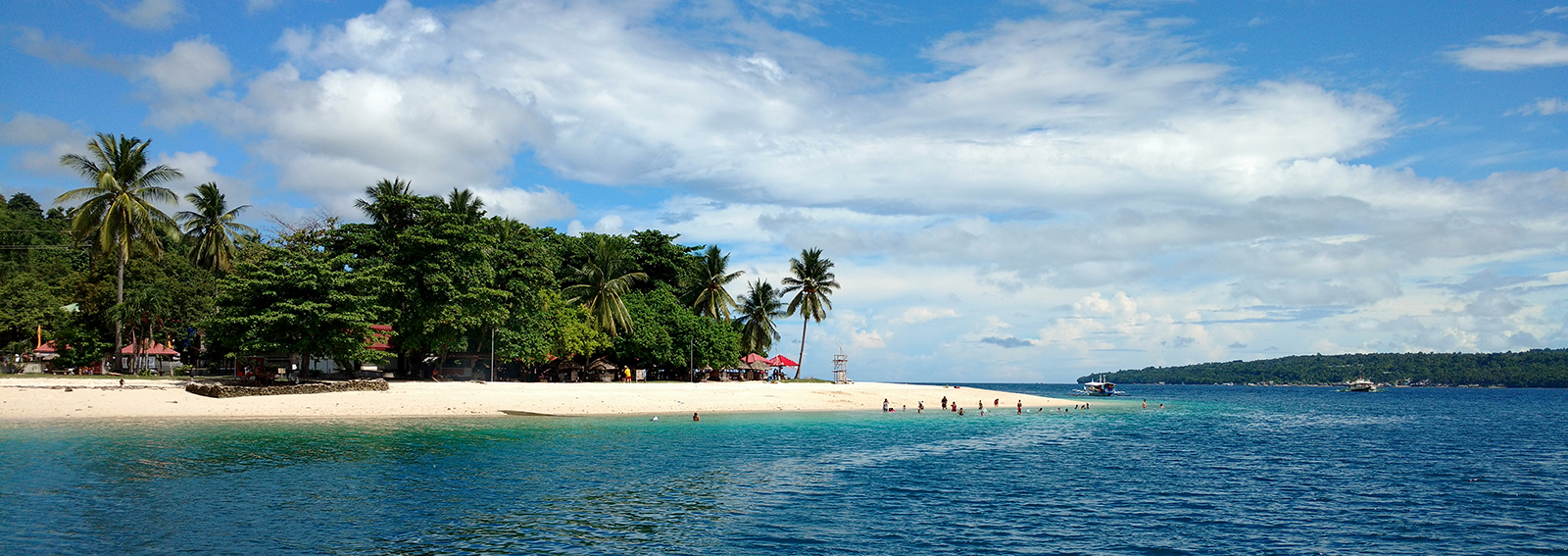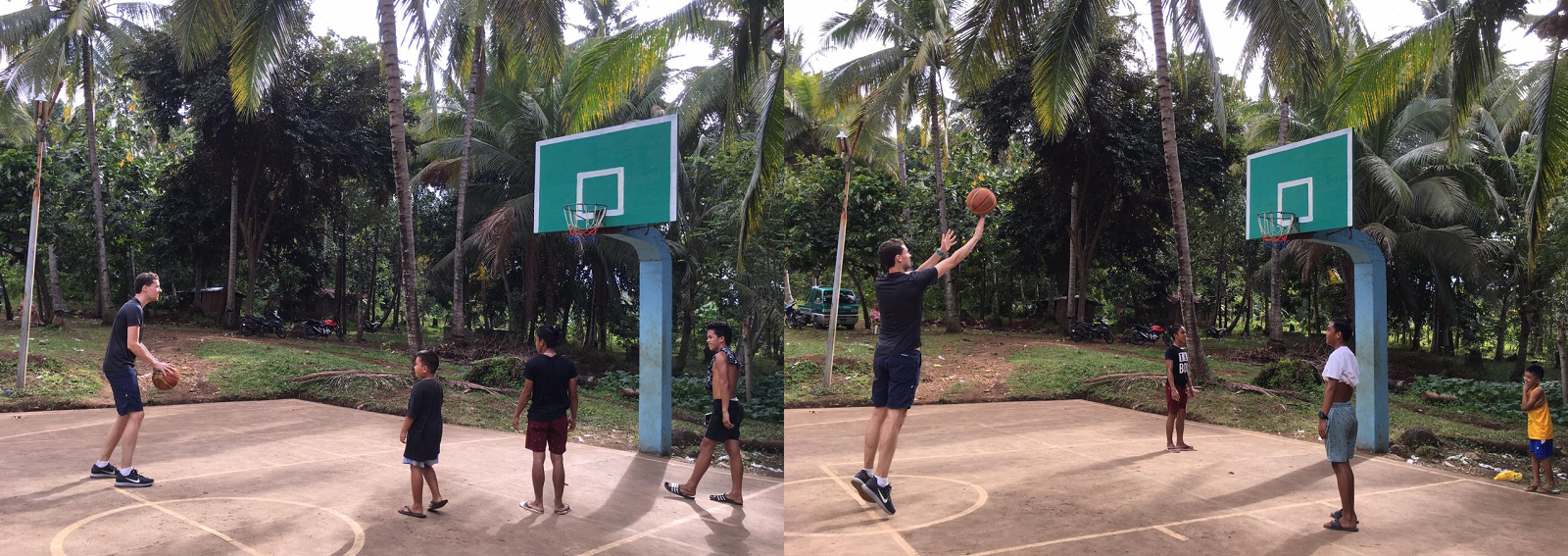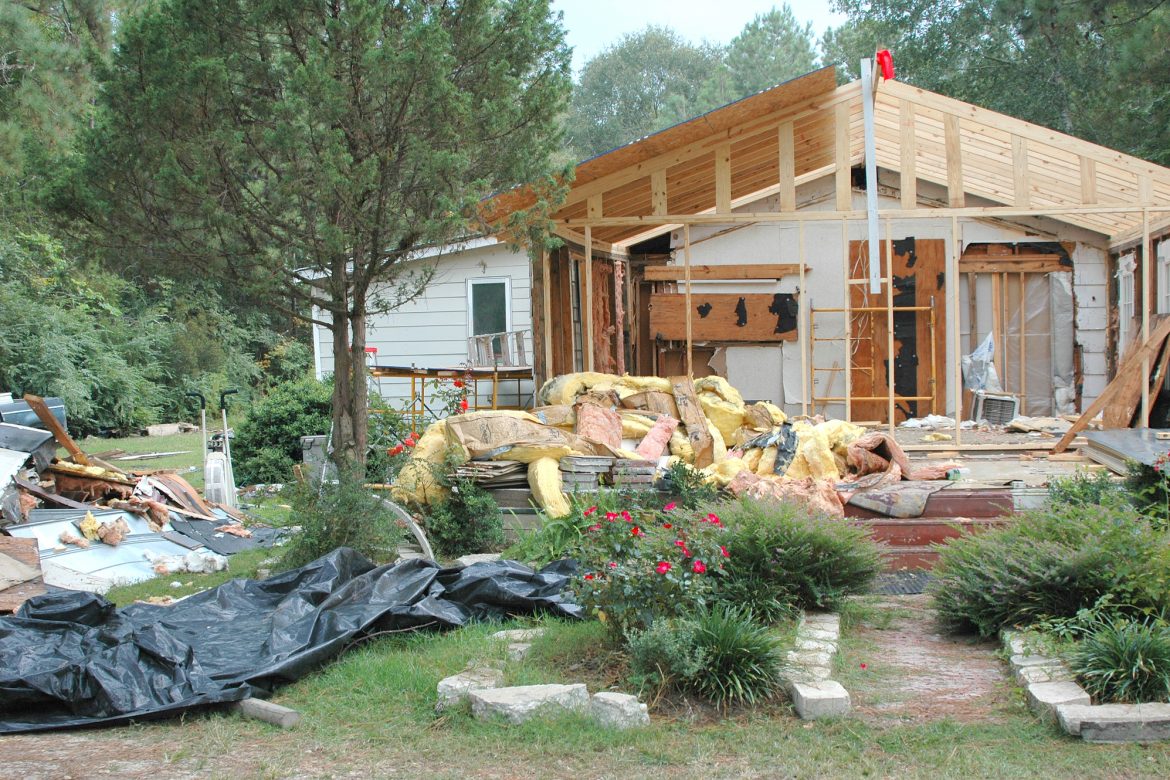I left Macon, Georgia early to meet Connie (60) and Mark (61) Fleetwood for breakfast at a Huddle House restaurant in the small town of Hazlehurst. The couple had been there for several days, selling glass vases and tableware at a local antique fair. Since Mark’s early retirement a decade ago, they both have dedicated their lives to doing emergency relief work in disaster-stricken areas. I wanted to find out what drives this power couple and how experiencing grief first-hand had changed them.
Most people take it easier after retirement, but not you two. What made you decide to help others full time?
C: Well, Mark had major bypass surgery at age fifty and I was struggling with melanoma. Thankfully, we both made it through. Mark’s company offered him a beneficial early retirement package. Our four kids were all grown up and didn’t need me as a stay-at-home mom anymore. Financially, it was no longer necessary to stretch every dollar. We suddenly had all this time on our hands and we knew we had to spend it usefully. Being so blessed, we didn’t want to waste time. Also, I knew that my special relationship with God would help me have relationships with others as well.
M: As I retired, my instincts told me that living a laid-back and carefree life would not fulfill me. Connie and I first became active in our community of Moultrie, Georgia, connecting people in need to credit programs and the Foodbank. We have been service associates for the Red Cross since 2011, a year before hurricane Sandy hit.

What’s your main job as Red Cross service associates?
M: We are Emergency Response Vehicle (ERV) drivers and we go into communities that suffered floods, hurricanes or wildfires to provide food. Our favorite method is mass feeding. We load up the truck, drive around honking our horn and in one day we’ll feed over four hundred people. After the Louisiana floods, in August 2016, more than twenty ERVs delivered 20,000 meals a day in the Baton Rouge area.
C: The Red Cross provides the food products to the Southern Baptist Church. They prepare it and the Red Cross delivers the meals. Both organizations work closely together to provide relief after a disaster. The kitchen in Baton Rouge was staffed by Baptists from Oklahoma. When we arrive in an affected community, we work with local churches as well. It’s the service associates who can act as the eyes and ears on the ground as we are often one of the firsts – after, of course, the first responders – to arrive.
It seems that NGOs, churches and volunteers assume primary responsibility for providing aid and relief. What do local governments contribute to these efforts?
M: Local governments have emergency management divisions that exchange information with the organizations involved. Then they usually turn it over to the Red Cross to coordinate further efforts. Local government does not have personnel to do that.
C: In our ERV we have a list with phone numbers of organizations that people may want to contact, such as the Federal Emergency Management Agency (FEMA). Also, we can connect them with youth organizations that “muck out” houses that have been severely damaged so that they can be rebuilt.
Being at the front line of post-disaster situations, you must have witnessed a lot of hardship and despair. How do you cope with that while doing your job at the same time?
M: We always get to work as quickly as possible. After Sandy, we worked twelve hours a day for thirty days straight. It is true, though, that working in crisis situations can get tough. Those that were affected commonly require some form of psychological support as well. In March 2016, we were stationed in Lake Charles after severe flooding in parts of Louisiana. The flood water caused caskets to float to the surface, opening up some of them. Relatives were called up to identify the bodies. That’s horrible. Connie and I manage to cope with it all, because we bounce off each other. That’s how we stayed focused and determined.
C: The hardest part is having to leave. We were just in Albany, Georgia handing out food in a community struck by a series of hurricanes. We left after ten days, knowing that these people will not be back on their feet for a long time. What I always find most devastating, is talking to the widows who think they are situated for life. Imagine, on top of that, not having flood insurance, and it becomes obvious these women don’t know what to do next. At the same time, many of the people we meet lift our spirits. Somehow, amidst the greatest misery, there can be hope.
In addition to your work for the Red Cross and in your local community, you are both “Trail Angels” as well. Not everyone will be familiar with that concept. What is it and why do you love it?
M: Connie and I already liked “boondocking”, better known as dispersed camping. We’ve been Trail Angels since 2014. Every so often, we’ll drive to a good spot on the Appalachian Trail, make camp and cook and hand out food to hikers. Every year, we feed an estimated four hundred hikers from all over the world. Sometimes, we drive injured trail walkers to the nearest village to receive medical assistance.
C: People who walk the Appalachian Trail become a community out there. Everyone has a trail name, too. Mine is Granny, Mark’s name is Old Goat. My daughter recently met a hiker who calls himself Astroguy. Turns out, he actually was an astronaut, years ago. As Trail Angels, we time and time again get opportunities to help others. I believe that’s no coincidence. It’s when God winks, that we get a chance to help others.









Wat een geweldige mensen! Wederom ontzettend boeiend.